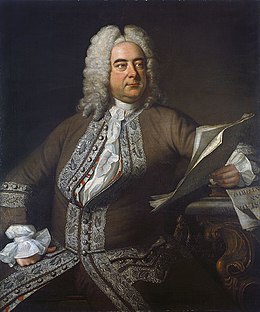Backhouse and Bateman argue that Keynes never fell sway to the different varieties of socialism of his day becasue he thought that capitalism was essential for civilization.
Like many of those who turned to communism and fascism, Keynes had strong moral objections to capitalism – but he consistently repudiated socialism, communism, and fascism, for he believed that capitalism was essential both to create high standards of living and to guarantee personal liberty. In effect he sought a capitalist revolution.
It is not at all clear, however, that Keynes was as ideologically committed to the capitalist system as he's made out to be. As I and many before me have noted, Keynes was eager to note in the preface to the German edition of his General Theory, that his policy proposals were more suited to the German Nazi economy than a free market. Ralph Raico has also documented that Keynes thought the Soviet experiment "very impressive."
It is also worth noting that Keynes' perspective on the efficacy of capitalism to achieve the "good society" changed over time. He became progressively more statist thoughout the 1930s. On the transformation of Keynes' economic theories, I highly recommend the essential article, "The Development of Keynes' Economics: From Marshall to Millennialism."
It is clear that Backhouse and Bateman are using Keynes as a sort of model for thinking about how to interject morality into our commercial system. They quote Keynes from 1923 in which he warnes that too much business activity is done merely for profit and that in order to bear with his existence, a businessman's profits must be more correlated to some social benefit. Turning to the current scene, Backhouse and Bateman write:
We face the same challenge today – to develop a morally acceptable form of capitalism. As Keynes feared might happen, much business is now seen as no more than profiteering. Many people object to the bonus culture of the banking system because they don't believe those bonuses are earned. We have also learned that inequality not only undermines the legitimacy of capitalism (that was Keynes's concern) but it has corrosive effects: unequal societies are unhappier, less healthy, and have more crime.
The key to turning our present crony capitalism into a moral capitalism is private property. A society built on private property is a voluntary exchange economy. In such a society, no seller can force anyone to patronize him. When a firm reaps a profit, it must therefore be the happy consequence of his sowing productive services. In a free society there is no distinction between production for profit and production for social benefit. Instead, a firm reaps a profit precisely because he provides a benefit to someone. It would also be a system in which no one gets rich via predation.
Our present system is a long way from a private property society. In our present corporatist crony capitalism, for example, bankers can get rich making profligate mortgages and privatizing their own profit while socializing their risk as they quickly sell the same mortgages to government sponsored entities. And the entire operation is bankrolled by the Federal Reserve.
We could greatly reduce economic inequality by eliminating monetary inflation via fiduciary credit expansion. In our present system, those who get newly created money first tend to be the wealthy. With the new money, they are able to increase their spending first, thereby having wealth directed away from others toward themselves. And all of this wealth redistribution is due to monetary interventionism, not free market capitalism. What the world needs now is more genuine capitalism, not less.





